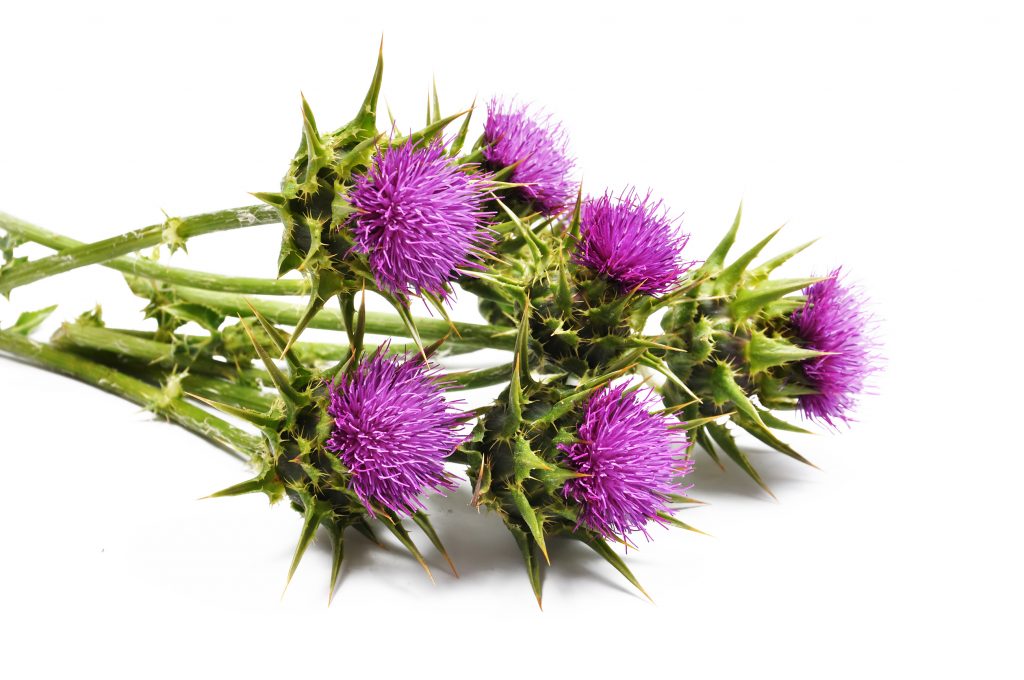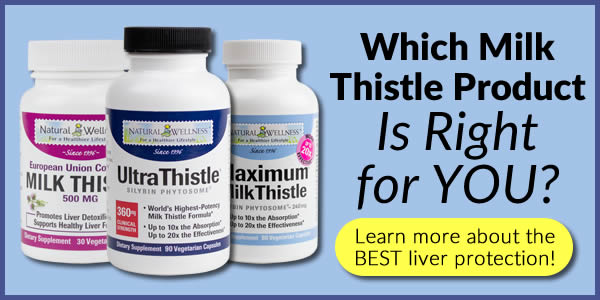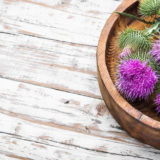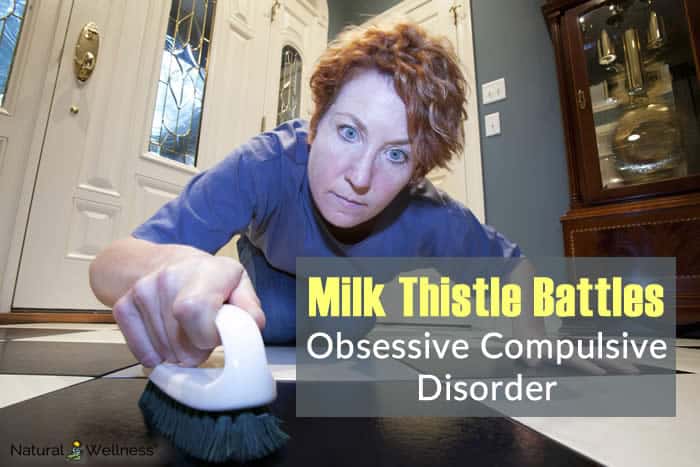

If you or anyone you know is living with obsessive compulsive disorder (OCD), proclaiming the symptoms of this mood disorder as debilitating is a vast understatement. OCD symptoms usually revolve around irrational fears, repeated thoughts, and compulsions.
But even if you’ve figured out how to manage the symptoms and compulsions, the side effects of many FDA-approved OCD medications can introduce a wide swath of issues and side effects.
OCD Medications
While the cost of most OCD medications currently available on the market is actually quite reasonable, the common side effects that occur are definitely not. According to the International OCD Foundation about half of OCD patients stop taking their medications due to negative side effects. That’s an alarmingly high percentage, leaving roughly 1.1 million people of the 2.2 million OCD sufferers in the United States seeking alternative treatment options (2) and natural remedies.
Fluoxetine (Prozac), for instance, clocks in at roughly $16 for 21 capsules if you’re buying with the drugs.com discount card, but the side effects are often not as easy to swallow (3).
Fluoxetine is what’s known as a selective serotonin reuptake inhibitor (SSRI) which aims to increase serotonin levels in the brain. Other SSRIs on the market include Fluvoxamine (Luvox), Paroxatine (Paxil), and Sertraline (Zoloft) (3).
Common side effects of SSRIs include:
- drowsiness
- dry mouth
- insomnia
- nervousness
- nausea
- diarrhea
- dizziness
- headaches
- reduced sexual desire
- erectile dysfunction
- blurred vision
The irony of this list of side effects being associated with drugs intended to treat anxiety, depression, and OCD is not lost on us, and ultimately begs the question, “What naturally helps OCD?”
Luckily, more and more experts are turning to natural remedies to answer that question and circumvent the litany of side effects.
Enter Milk Thistle for OCD
Also known as Silybum marianum, milk thistle is a perennial herb native to many continents and countries across the globe, including Southern Europe, Southern Russia, Asia Minor, Northern Africa, and the Americas.
Milk thistle has long been utilized as an anti-inflammatory agent offering numerous benefits to our liver, cholesterol, cardiovascular health, menopause symptom relief, and even gallbladder disorders.
And, most recently, milk thistle is gaining traction as a natural remedy to help manage the symptoms of OCD.
The benefits of milk thistle are believed to come from silymarin, an anti-inflammatory compound present throughout the entire plant, but highly concentrated in milk thistle seeds (4). While milk thistle is considered a noxious weed in various parts of the United States, it has little oral consumption value and is best absorbed in tablet or capsule supplement form, but can also be consumed as a tea or oral tincture.
The Proper Dosage
In trying to determine the proper milk thistle OCD dosage, herbalists and experts tend to recommend 200-400mg divided across two or three doses per day (5). UltraThistle, the highest potency milk thistle formula, has been scientifically proven to be up to 10x more absorbable and up to 20x more effective than other standardized milk thistle formulas.
Milk Thistle Beyond OCD
While more research into milk thistle, silymarin, and its effectiveness in treating OCD is definitely needed, there is a wealth of information supporting the other health benefits of milk thistle for a host of ailments:
Liver Health – It is believed that milk thistle and silymarin bolsters liver function by prohibiting toxic substances from binding to liver cells (6). Not only does this help prevent cirrhoris, but may also be advantageous for those living with hepatitis or other liver diseases.
Type 2 Diabetes – According to research published in Phytomedicine in 2015, silymarin improved antioxidant capacity in the body and decreased inflammation in adults with type 2 diabetes by beating the placebo in a triple blind trial. Researchers believe that silymarin reduced the oxidative stress traditionally attributed with diabetes (7). Also notable is the fact that, of the 40 subjects that completed this trial, none had any adverse events or side effects with milk thistle supplementation (7).
Neurological Disorders – Milk thistle has long been used to alleviate the inflammation commonly associated with a host of neurological disorders such as dementia, Alzheimer’s, and Parkinson’s Disease (8).
In reducing oxidative stress, milk thistle is believed to be neuroprotective by helping prevent decline in brain function. In a mini “Review on the Chemistry and Neuroprotective Effects of Silymarin,” published in 2017, researchers went so far as to say that silymarin promotes the “inhibition of the inflammatory response generated during neurodegeneration.”
4 More Natural Herbs for OCD
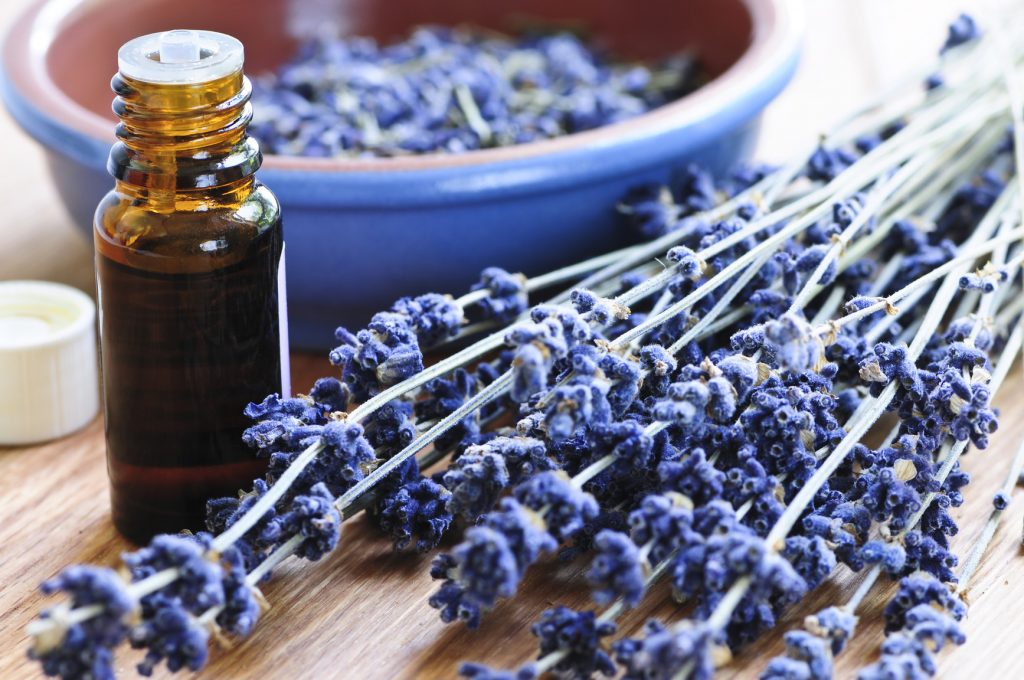
Milk thistle and its antioxidant properties are promising in managing OCD symptoms – but it may also be beneficial to explore other herbs for OCD treatment to bolster and round out a supplement regimen.
Below is a short list of 4 widely available and very affordable herbs with some serious natural health benefits for OCD sufferers:
- Valerian – Long utilized as a sleep aid, this root also offers tangible relief from anxiety, restlessness and other anxiety disorder symptoms. While its mechanisms are still largely a mystery, according to the Toxnet, numerous compounds found in valerian root demonstrated sedative properties in animal studies. It’s theorized that valerian extract stimulates nerve cells into releasing the chemical GABA, (gamma-aminobutyric acid), which slows down nerve cell activity to induce relaxation (9).
- Chamomile – In a 2009 study examining the effectiveness of chamomile supplement capsules, researchers found chamomile to be safe and effective in reducing symptoms of anxiety when they observed chamomile capsules to beat the placebo in their double blind trial (10). Researchers wrote that “chamomile was associated with a greater reduction in mean HAM-A scores (Hamilton Anxiety Ranking)—the study’s primary outcome measure.”
- Lavender –Whether steeped in water and drank, or diffused as an oil using aromatherapy, lavender is no joke when it comes to the anxiety and stress management associated with OCD (11). Studies have already shown that lavender works wonders on the nervous system in dealing with neurological disorders.
- Lemon balm – Lemon balm can reduce some symptoms of anxiety, such as irritability and excitability (12). Lemon balm is non-toxic and considered safe for any length of use. Applying lemon balm to the face or hands of patients dealing with neurological diseases has shown a decrease in agitation and may help curb the compulsions associated with OCD (12).
Take Precautions
Before introducing milk thistle into your diet, new supplements – or any other herbs for OCD for that matter – you should consult your physician.
This is especially important if you are taking any other medications for menopause or any blood thinners, such as statins. Some medications have been known to interact with milk thistle negatively. Exercise caution and start slow.

